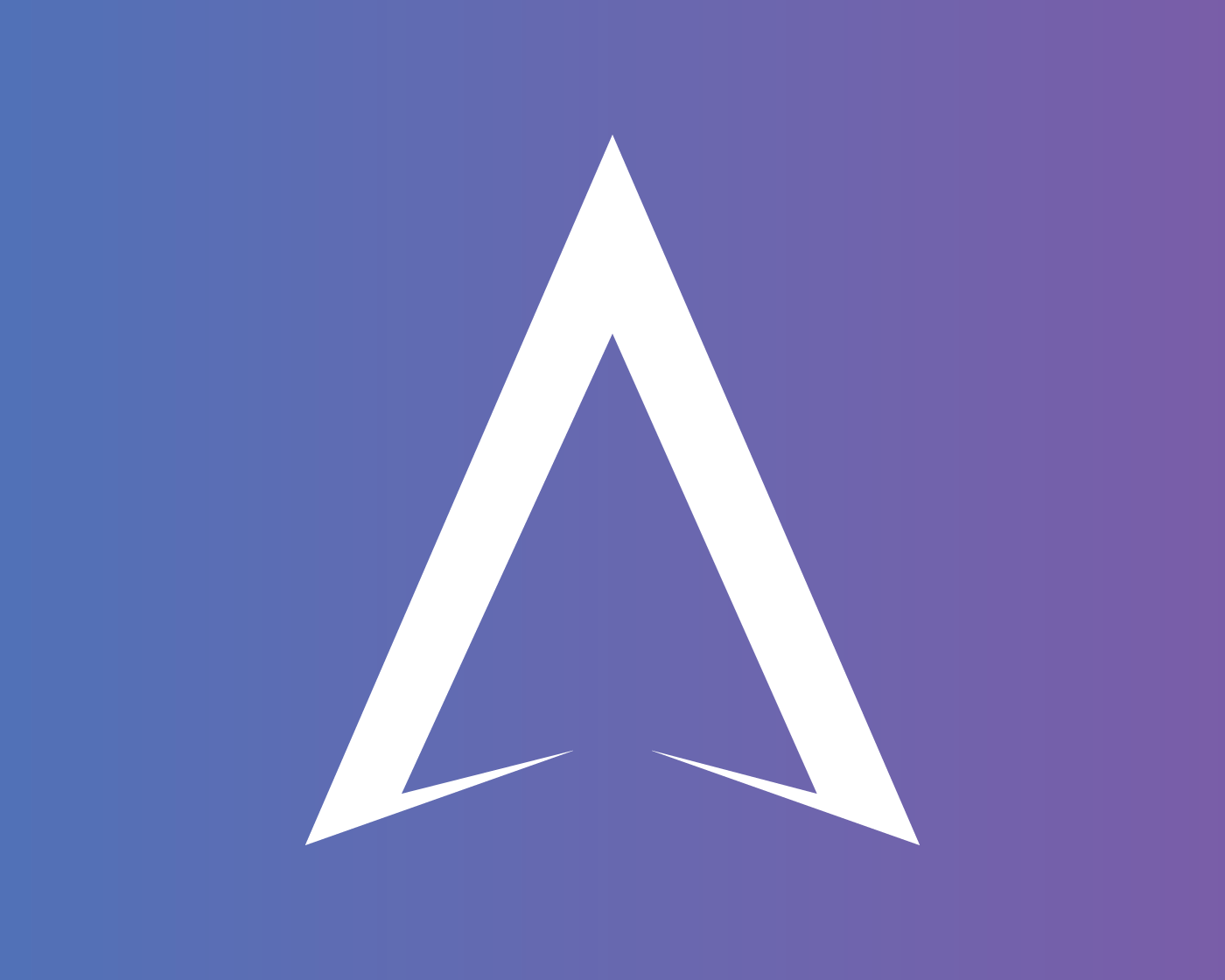What is LITMUS?

Litmus is a crowdsourcing platform that brings Content Creators and their Audiences together to realise content ideas that are both interesting for the Creator to produce and are engaging the Audience to watch.
Currently, YouTube Creators have only two ways to reliably monetise their Audience by either running ads (for in-house or affiliate products) or soliciting donations. Both cases interfere with the core user experience – the Content.
With Litmus platform, YouTube Creators are able to target and monetise underserved content needs of their Audience via the vote-funding mechanism. This approach allows YouTube Creators to get the alternative non-intrusive income off their Audience, produce Content that is more aligned with Creator’s core Audience and drive the overall engagement (read YouTube) metrics as the Contributors become more vested in the success of the Content.
The crowdfunding process starts with the Creator, which opens up the funding campaign for the upcoming episodes. She enlists the content ideas she considers for the episode along with the minimum threshold amount need to produce each idea, enables comments, checks whether the ideas are mutually exclusive or inclusive and sets the close date of the campaign. At the back end a smart contract gets drawn and a Litmus link is generated, which she then uses to direct her Audience to.
This links complements the traditional “leave your like and share” with tangible and actionable way for the Audience to engage with Creator.
The Audience upvotes the existing ideas on Litmus campaign page (front end) by contributing ethereum towards smart contract on the back end. In addition, Contributors can suggest their own content ideas by seeding the minimum ether amount. The Creator reviews the suggestion and accepts it to the campaign pool. On the campaign deadline the winning idea contributions are retained in the smart contract, with the rest being returned to the originating wallets.
The Creator then produces and publishes the Content on the platform of her choice for the Contributors to review. Each Contributor has a review window to evaluate the content and if she finds it of unacceptable quality, initiates the refund claim by providing motivated judgement. If collectively more than 50%+1 Contributor objects to the Content in the review window, the contributions are channelled back to the originating wallets and the Creator collects feedback on how to improve and campaign statistics on the content ideas.
In most cases however, the Creator would be able to claim the reward and delight her Audience by producing funded and therefore sought-after content.
The review window made possible by smart contracts benefits the Contributors by mitigating the non-delivery risks associated with Kickstarter or paying for bundled content in case of Patreon. With Litmus, the Contributor only pays for Content she wants from the Creator she likes.
In addition, the review mechanism provides a more equitable risk distribution and therefore allows both the Creator and her Audience to engage in experimental content production, without incurring costs associated with trial and error approach. All the Creator needs is a list of ideas, All the Contributor needs is an ethereum wallet.
The Market Potential:
To assess the market we have taken a group of YouTube Creators with subscriber’s base of 85k and 185k, of which there are 45,350 in the former and 25,500 in the latter category (according to socialblade ranking). We assumed that the average announcement video (in which YouTube Creator will tell about upcoming campaign) will gather 10% Viewership in the first 24 hours (For 85k sub YouTube Creator that would mean 8,500 views). Out this number, ultimately, 0.5% would contribute (or 42.5 people out of 8,500 initial views). According to publicly available Kickstarter and Patreon statistics, each contributor pledges $25 and $22 per campaign respectively. For Litmus we have assumed a blended average of $11 per campaign and at 1.5 times per month arrived at $16 blended average per month. We project that with ICO proceeds we believe we can achieve a Target Market penetration rate of 60%, yielding a $102mln p.a. (vs. $170 of Target market). Our estimates indicate the Serviceable Addressable Market of $600-$770mln with the Total Addressable Market of $1bln.
The Offering:
In this ICO we seek a minimum of ETH 1,000 and a hard cap of ETH 5,000 in exchange of upto 5,25mln LIT tokens. 1,000 LIT tokens equal ETH 1. For early investors there is a 5% distribution bonus in the first week of ICO, which later would accrue to investments over ETH 1. The minimum investment is ETH 0.05.
The proceeds will be used primarily for marketing and promotion to achieve market dominance in the selected niche, followed by infrastructure and development costs.
The Returns:
Dividends:
LIT tokens would entitle the holders of record to semi-annual dividends ether distributions over the minimum 10% Litmus account balance, necessary for maintenance capex and value accretive acquisitions. We estimate 1,000 LIT tokens to generate ETH 12 in Recurring Dividends per annum.
LIT tokens Implied Value:
Following the successful ICO and project execution we anticipate the value of LIT tokens to raise significantly reflecting the underlying value of the DAO and the safety of cashflow in the form of recurring dividends. We employed Discounted Cash Flow, Discounted Dividends Models and Enterprise Value to Sales multiple to arrive at intrinsic value of LIT tokens. The valuation yielded a range of ETH 86- 310 per 1,000 LIT tokens (you can familiarise yourself with valuation at Litmus.ltd).
DCF produced the mid-range valuation of ETH 93 per 1,000 LIT tokens, representing ca. 93x return over the ICO tender price of ETH 1 per 1,000 LIT tokens.